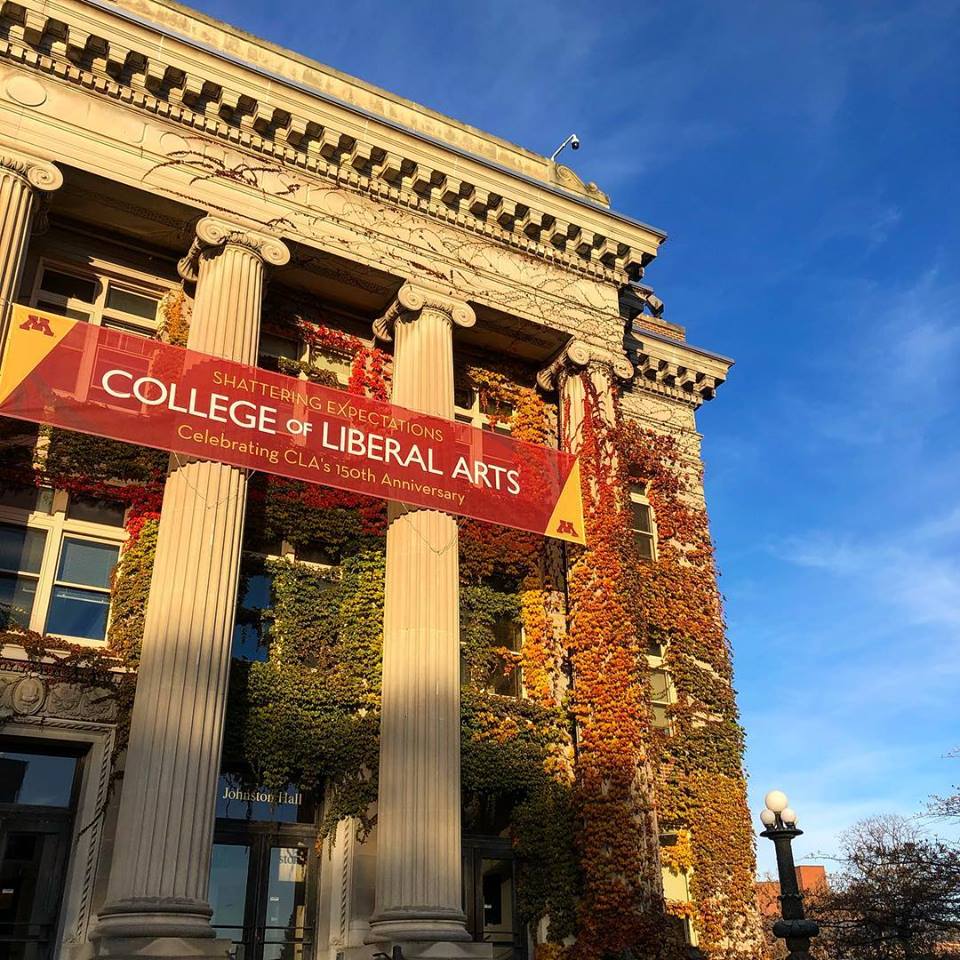Minnesota
University of Minnesota students run free health care clinic

MINNEAPOLIS (AP) — Though the Phillips Neighborhood Clinic is open from 6 p.m. to 9 p.m. each Monday and Thursday night, it’s typical for a line to form by 5:45 p.m. The line often includes immigrants, non-native English speakers and the uninsured, all seeking no-cost treatment from a primary clinic run by University of Minnesota professional students.
In order to combat this congestion, volunteers have been working to cut wait times by 10 minutes through implementing simple yet effective changes. Many solutions, like additional medical supplies and changing the clinic’s layout, were implemented last month to decrease congestion, the Minnesota Daily reported.
Ophthalmologist Dr. Martin de la Presa, who volunteers at the PNC, has been working to decrease wait times at the clinic in hopes of making the experience easier for both volunteers and patients alike.
“This project is really continuing off a lot of the work before I got involved” de la Presa said. “You identify different areas for improvement and then brainstorm ways to implement them, improve them and observe results.”
The clinic averages 10-12 patients per day and treated 940 last year. On any given day, there are about 35 student volunteers, according to the PNC’s Medical Director Brian Sick.
“The students are a transient population,” Sick said. “They are here for a relatively short period of time and there’s constant turnover, so keeping them educated on their role can be a constant struggle.”
Another one of the goals of de la Presa’s work was to create documents that outline the specific duties of each position, which has been received well.
Students can hold various roles at the clinic. In their first year, they typically learn about all of the duties a clinician has by being a patient advocate. In the following years of volunteering, students can focus on their areas of study or hold leadership positions.
Second-year pharmacy student Makoto Hang said he grew up learning the importance of giving back, which has pushed him to volunteer.
“We’re offering patients services that they can’t really get anywhere else,” Hang said.
Morgan Kerfeld, a second-year pre-med student, currently works as an interpreter at the PNC. The PNC has Spanish interpreters on hand at all times, though they also treat patients who speak Somali, Hmong and Korean, among other languages, according to Hang.
Kerfeld said that volunteering with PNC has been the most rewarding part of her undergraduate studies so far.
“The moment (patients) walk into the clinic, being able to speak in their own language puts them at ease,” Kerfeld said.
The PNC provides specialty nights, such as ophthalmology, optometry, audiology, podiatry and women’s health, Hang said. The clinic supplies patients with glasses and medications all free of cost; if they can’t provide services the patient needs, they’ll transfer patients to an affordable location that can. The clinic also offers courses, such as CPR training, and free legal services provided by university law students.
While Sick acts as director for the clinic, the PNC is primarily run by a student board. Comprised of more than a dozen students, they help manage finances and community relations and operations and supervise volunteers. According to Sick, funds for the clinic primarily come from grants, donations and fundraisers.
“We are embedded in a culturally rich but relatively poor community. (The patients) don’t necessarily have all the resources, so we try to fill that void,” Sick said.
Though Hang said there can be late nights involved, with students often staying until midnight or later, he was thankful for the opportunity to help others in an underserved community.
“There is a lot of upfront, hard work from all of the volunteers and a lot of work behind the scenes, so for a patient to tell you, ‘thank you so much, I couldn’t get this care anywhere else,’ that means the world to me,” Hang said.







